
As of 2025, travelers heading to Thailand will encounter new and stricter regulations regarding the transportation of liquids, gels, and aerosols (LGAs) at all airports. These changes, implemented by the Civil Aviation Authority of Thailand (CAAT), are part of a broader effort to enhance aviation security and align with international safety standards.
With an increasing focus on protecting passengers and crew, the updated rules aim to minimize risks associated with carrying potentially harmful substances on board.
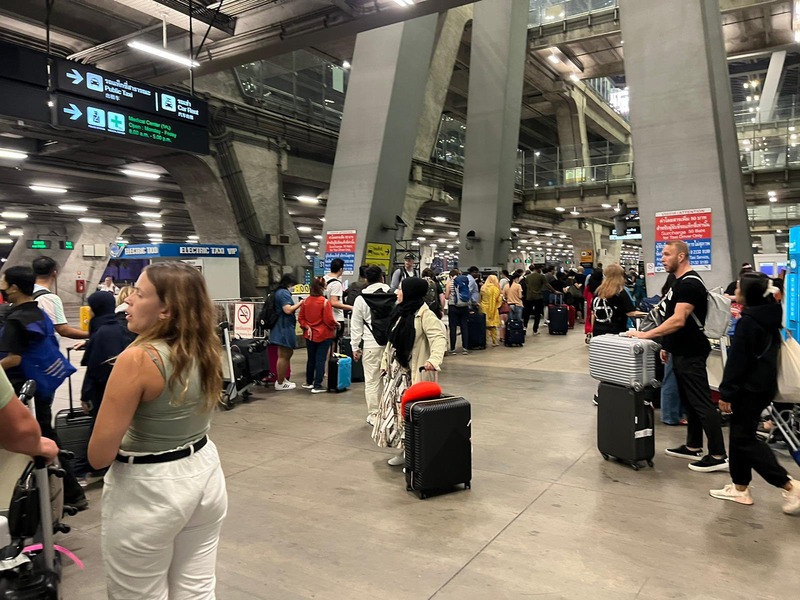
The Royal Gazette announced these regulations on April 22, 2025, with immediate effect, replacing the previous guidelines established in 2019. The new measures apply not only to passengers but also to airline crew and airport staff, ensuring that everyone adheres to consistent safety practices. As air travel continues to evolve, understanding these changes is crucial for a smooth and hassle-free journey.
This article provides a comprehensive overview of the new rules, including container limits, screening procedures, exemptions, and essential packing tips for travelers. Whether you’re a frequent flyer or planning your first trip, being informed will help you navigate these regulations effectively.
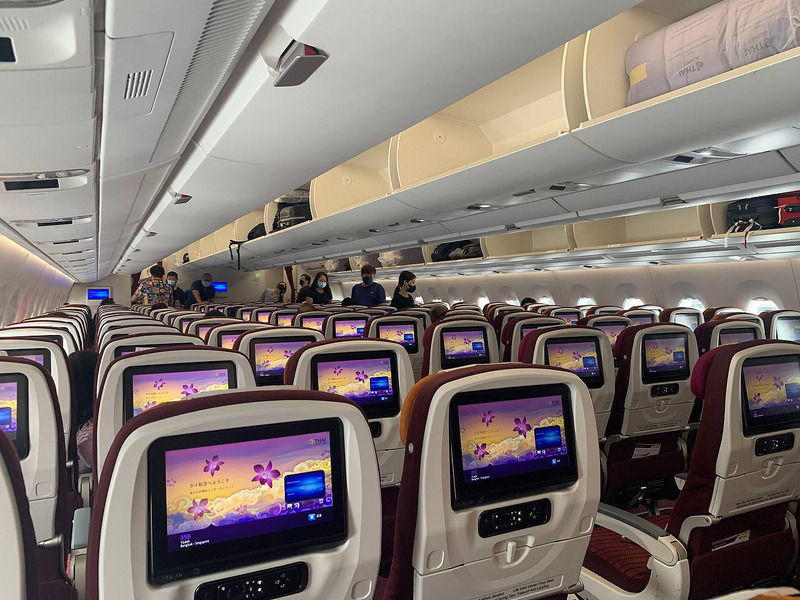
Updated Security Measures
On April 22, 2025, the Royal Gazette announced immediate changes to the guidelines concerning LGAs. The Civil Aviation Authority of Thailand (CAAT) is enforcing these rules to ensure safety for passengers, crew members, and airport personnel.
Key Aspects of the New Regulations
All LGAs will undergo rigorous screening before they are allowed into restricted areas or aircraft cabins. The term "LGAs" encompasses a variety of items, including:
- Beverages and Soups: This includes any drinks, such as water, juices, and soups.
- Cosmetics and Toiletries: Items like toothpaste, lotions, and creams fall under this category.
- Pressurized Containers: This includes items like spray deodorants and shaving foams.
- Solid-Liquid Mixtures: Products such as mascara and lip balm are also classified as LGAs.
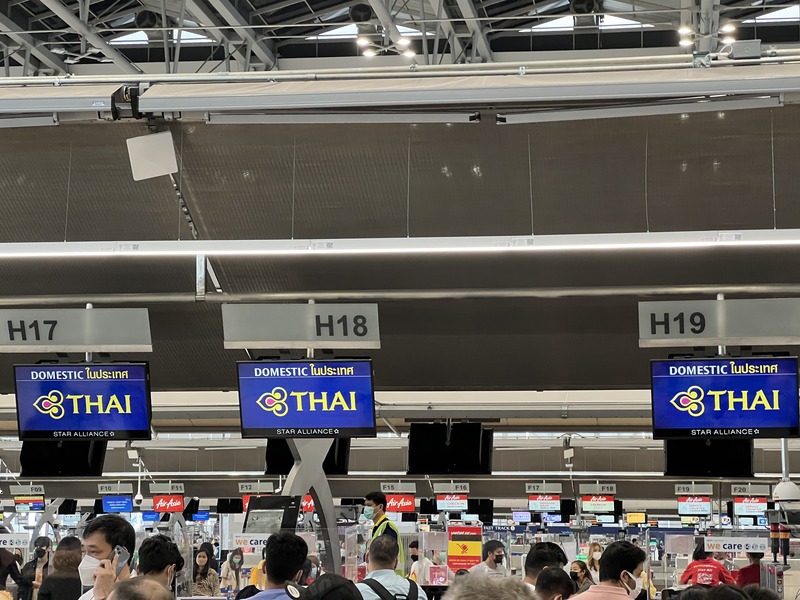
Container Limits
-
Individual Container Size: Each container holding liquids, gels, or aerosols must not exceed 100 milliliters. This rule applies even if the container is not full.
-
Total Volume Allowance: Passengers can carry several small containers, but the total volume of all LGAs must not exceed one liter per person.
-
Re-sealable Bag Requirement: Travelers are required to place these containers in a single, transparent, re-sealable plastic bag. This bag can hold a maximum of one liter and is limited to one bag per passenger. Security staff will screen this bag separately.
Additional Screening Procedures
At security checkpoints, personnel will conduct separate screenings for the transparent bag containing LGAs. However, if the airport uses advanced X-ray technology, it may allow for the inspection of these items within carry-on luggage.
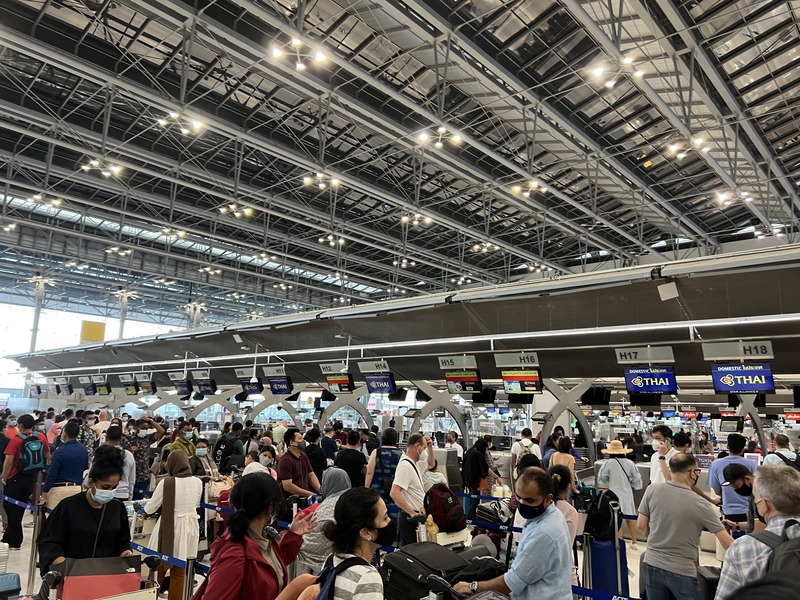
Larger Quantities in Hold Luggage
If you have liquids, gels, or aerosols in containers larger than 100 milliliters or exceeding the one-liter total limit, these items must be checked in as hold luggage.
Prohibited Items
The new regulations strictly prohibit any individual container of liquids larger than 100 milliliters from being brought into the cabin. This measure aims to prevent the transport of large quantities of potentially harmful substances. Here’s a breakdown of restricted items:
-
Beverages and Liquids: All drinks, including water and juices, must comply with the 100ml limit. Larger bottles purchased before security must be checked in.
-
Gels and Lotions: This includes lotions, creams, moisturizers, and other similar products.
-
Cosmetics: Items like mascara, liquid foundation, and lip gloss are subject to the new size limits.
-
Aerosols and Sprays: Perfumes, deodorants, and hair sprays must be packed according to these regulations, even if they appear to be partially full.
-
Pressurized Containers: Items such as whipped cream cans must also adhere to the 100ml limit.
Exemptions to the Rules
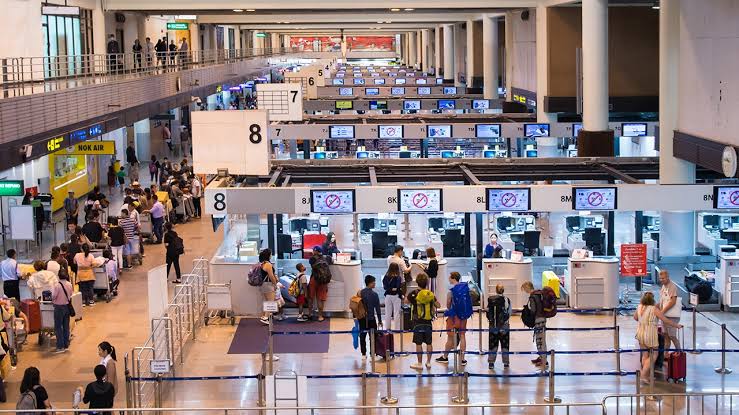
Certain essential items are permitted in quantities exceeding the standard limits but must still undergo security screening. These exemptions include:
-
Medications: Passengers can carry essential medications with proper documentation, such as a doctor’s note or a prescription label that matches the traveler’s name.
-
Baby Food and Special Diet Items: Travelers with necessary baby milk or dietary food for medical reasons can bring what they need for the duration of the flight, subject to inspection.
-
Crew and Essential Personnel: Airline crew members and airport staff may carry reasonable amounts of LGAs needed during their duty hours, but they must still pass security checks.
-
Emergency and Airport Staff: Personnel authorized to access restricted areas or respond to emergencies can carry duty-related LGAs, provided they pass screening.
-
Duty-Free Purchases: Liquids bought at airport duty-free shops or on board aircraft are allowed if they are sealed in tamper-evident bags with proof of same-day purchase.
Important Reminders
-
Transit Passengers: Those transferring through Thai airports must present duty-free items at security checkpoints during layovers.
-
Packing Tips: If you purchase LGAs before passing through security, pack them in your checked luggage to avoid issues.
-
Transparent Bag: Always carry a transparent, re-sealable one-liter bag in your hand luggage for seamless security checks.
-
Medication Documentation: Keep any necessary documentation for medications easily accessible to expedite the screening process.
Additional Tips for Travelers
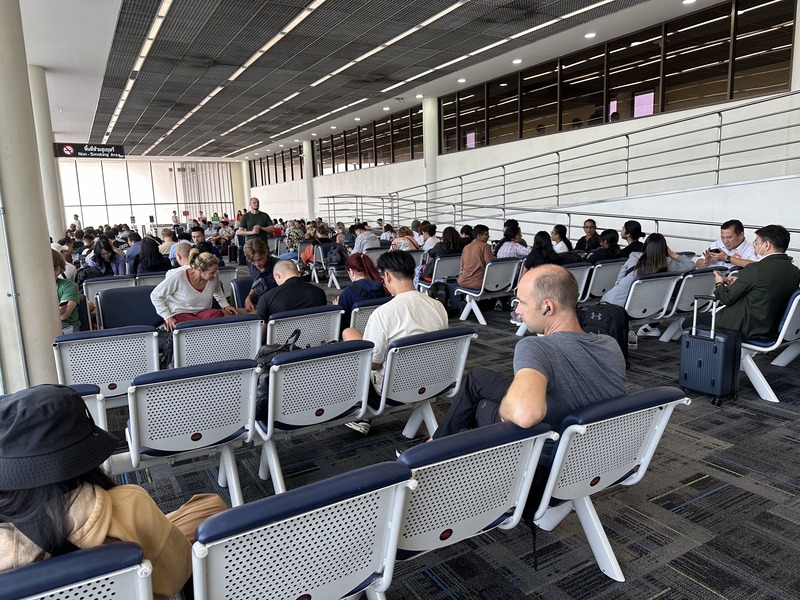
-
Plan Ahead: Before your trip, review the specific liquid regulations for your airline and any transit airports. This will help you avoid surprises at security.
-
Minimize LGAs: Consider whether you can purchase items such as toiletries at your destination to reduce the amount you need to carry.
-
Use Travel-Sized Containers: If you take products in your hand luggage, use travel-sized containers to comply with the regulations and save space.
-
Organize Your Bag: Keep your transparent bag easily accessible within your carry-on to streamline the security process.
-
Stay Informed: Check for any updates to regulations before your flight, as security measures may change based on current assessments.
Thailand’s updated regulations for transporting liquids, gels, and aerosols aim to enhance the safety of air travel while aligning with international security standards. Travelers should prepare accordingly to navigate these new procedures effectively. Expect to see clear signage throughout airports to guide you through the updated screening process, ensuring a smoother journey for everyone.

.jpg)
.jpg)



.jpg)

.jpg)
.jpg)
.jpg)


.jpg)

 (1).jpg)
.jpg)
.jpg)
.png)





.jpg)
.jpg)
.jpg)
.jpg)





.jpg)
.jpg)
.jpg)
.jpg)







.jpg)





.jpg)
.jpg)

